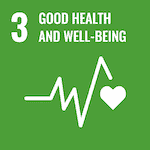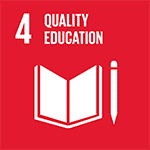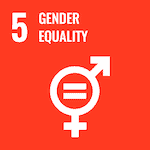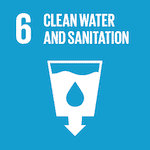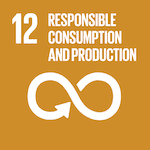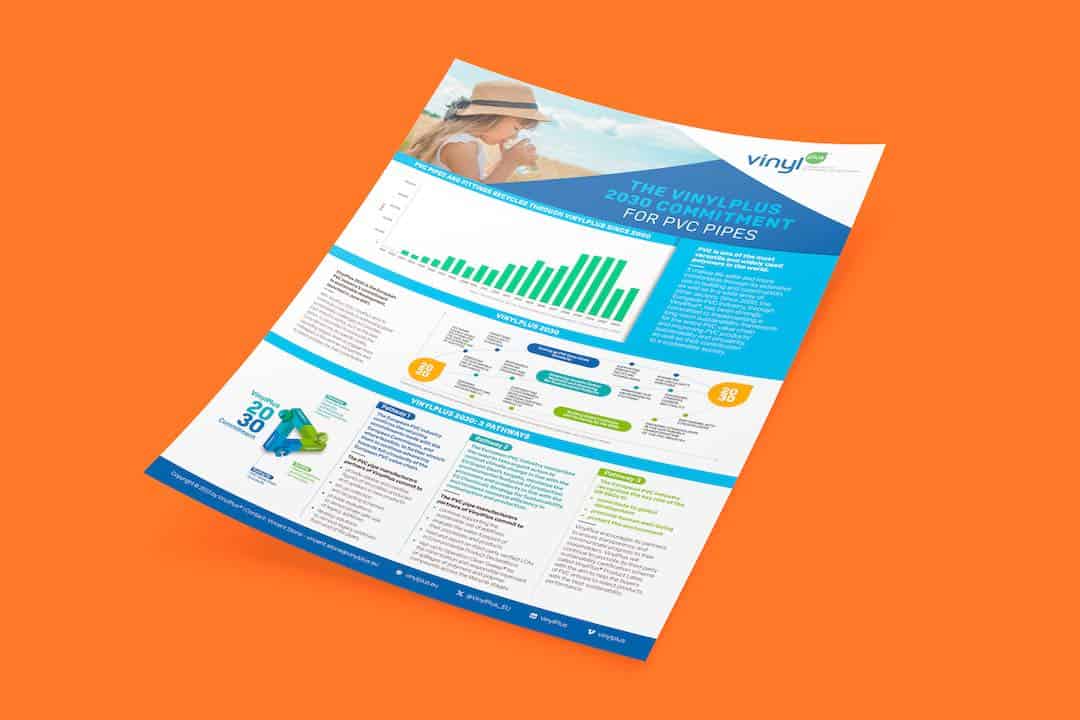Global food production must become more efficient to feed a growing population and meet the Sustainable Development 2 of Zero Hunger. Clean water transported through PVC pipes contribute to better crop yields. In many parts of the world, PVC irrigation pipes already help turn arid areas into lush farmland. PVC pipes are also a chosen material for urban farming, which enables local, sustainable food production in the rapidly growing cities around the world.
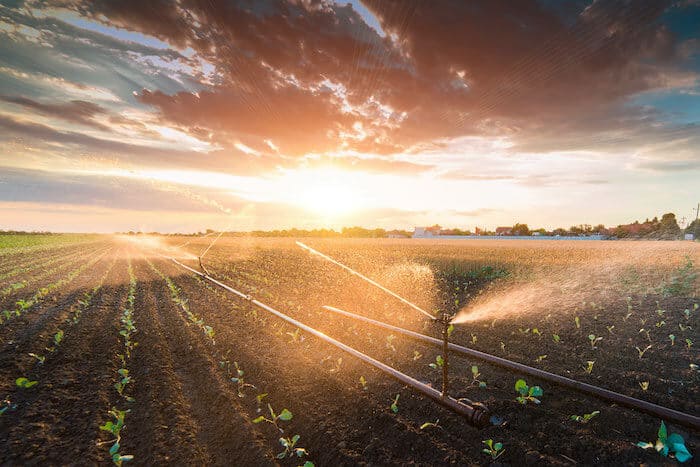
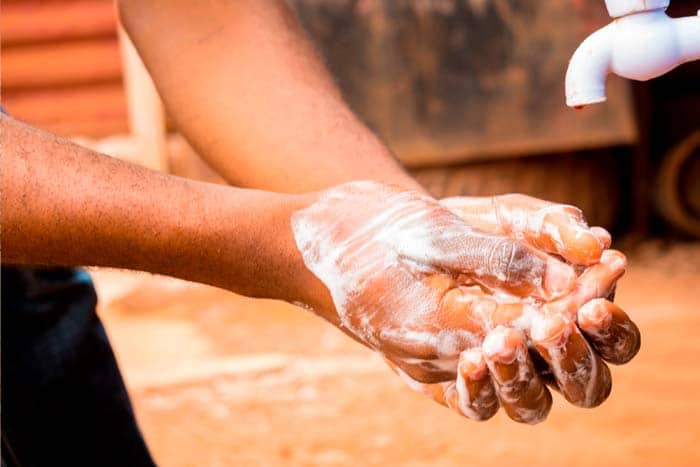
Ensuring healthy lives and promoting well-being at all ages is essential to sustainable development. To achieve this aim, clean water, safe sanitation and sewer systems are needed. Safe, durable and cost-effective PVC pipes enable access to drinking water, basic sanitation and construction of sewer systems.
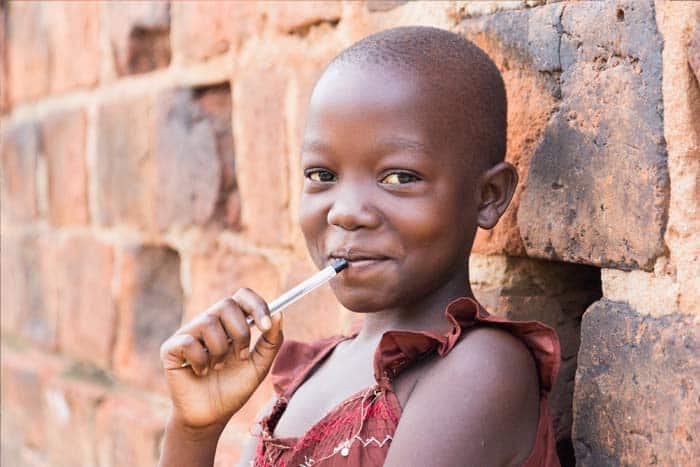

Billions of people around the world lack access to clean water and basic sanitation. PVC pipes can help achieve Goal 6: Clean Water and Sanitation by providing safe, durable and cost-effective piping systems for drinking water and sewer systems. PVC water and sewer pipes and fittings are leak-free, which increases water-use efficiency and greatly reduces contamination of soil and groundwater.
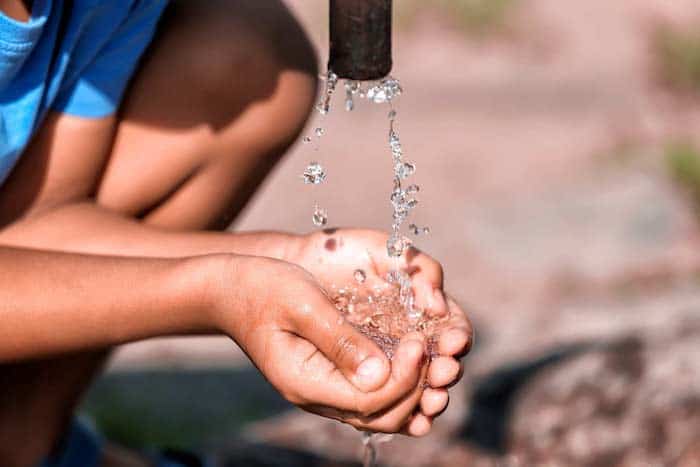

PVC pipes not play a vital role in managing wastewater efficiently, preventing leaks to groundwater and the environment. Wastewater is an untapped potential of energy in form of biogas, heat and electricity. In fact, wastewater can produce five times more energy than is needed for its treatment.
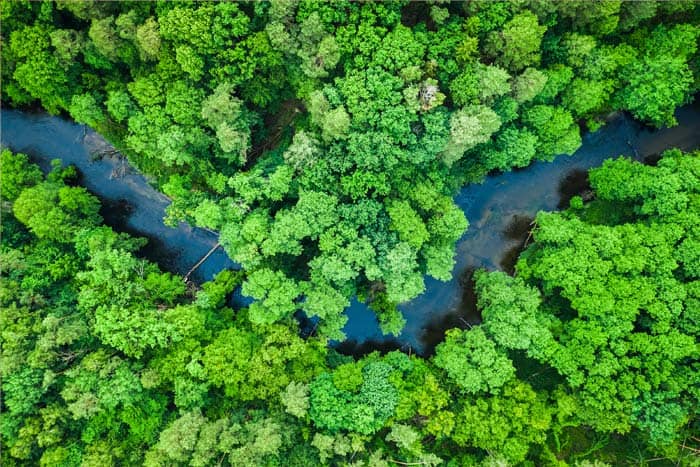
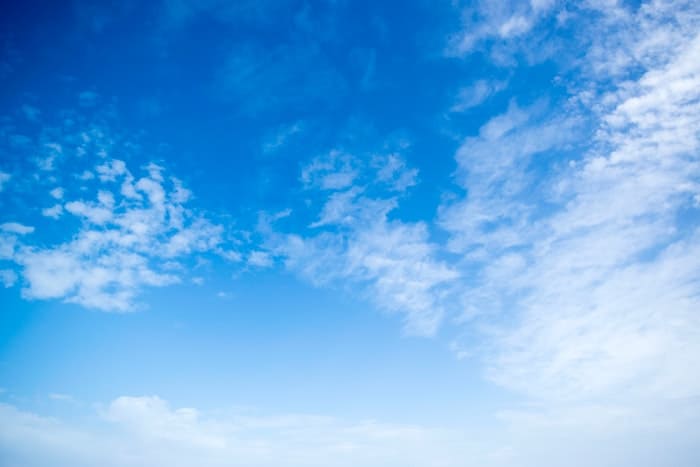
PVC pipes not only have a lower environmental footprint than non-plastic materials. PVC is an easily recyclable plastic that can be mechanically recycled several times without losing its technical properties. More than 8.1 million tonnes of PVC have been recycled in Europe through VinylPlus® since 2000. As 1 kg of recycled PVC saves 2 kg of CO2, the climate has been spared for more than 16.2 million tonnes of greenhouse gases.
PVC pipes in a circular economy
The PVC pipe industry is an integral part of the VinylPlus® programme and is working to increase the recycling of PVC pipes across the EU. Collection schemes have been introduced and recycling undertaken through the European Plastic Pipes and Fittings Association (TEPPFA) with the support of Recovinyl.
Pipes a major uptake for recycled PVC
Around 30,000 tonnes of PVC pipes are recycled each year through the VinylPlus® programme. Since 2000, 820,000 tonnes of PVC pipes have been recycled. In addition, 45,000 tonnes of recycled PVC are used in new pipes each year, in compliance with REACH.
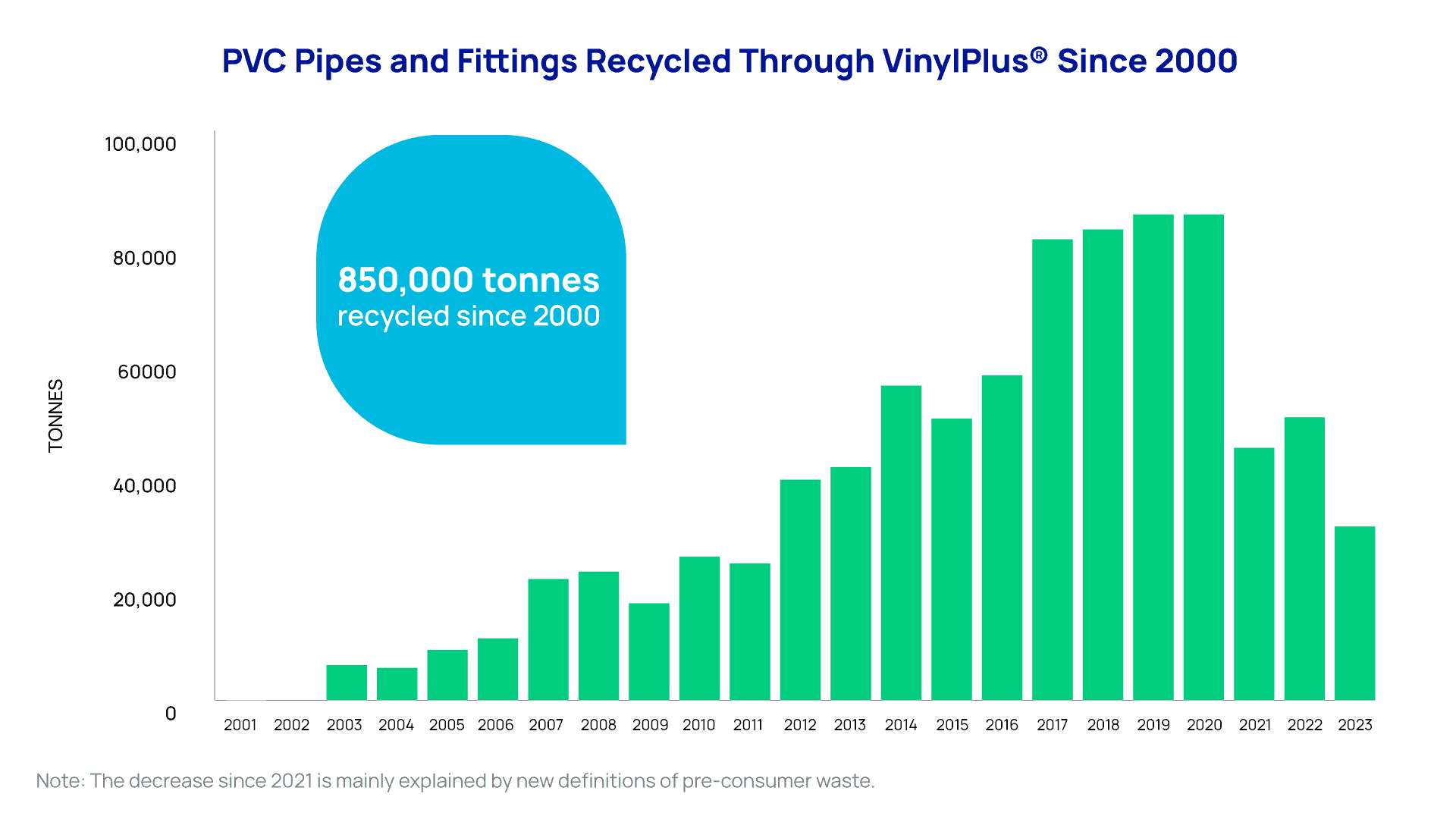
Circular economy of PVC pipes in Europe
Discover how the European PVC and PVC pipe industry is contributing in the animation from TEPPFA and VinylPlus.
VinylPlus
– a Commitment to sustainable development
VinylPlus is the Commitment to sustainable development by the European PVC industry. The programme establishes a long-term framework for the sustainable development of the industry by tackling a number of critical challenges, in the EU-27, the UK, Norway and Switzerland. The progress is monitored by an independent Monitoring Committee and documented by yearly Progress Reports that are independently audited and verified by third parties.
Since 2013 VinylPlus® has been a member of the UN's Green Industry Platform. VinylPlus® is registered as a SMART partnership on the UN Partnerships for SDGs platform and listed as a Good Practice on the European Circular Economy Stakeholder Platform. VinylPlus has committed to recycled at least 900.000 tonnes of PVC/year into new products by 2025 as part of the European Commission's Circular Plastics Alliance.
Praise for VinylPlus® comes from a wide range of stakeholders, including the European-Commission and the UN.
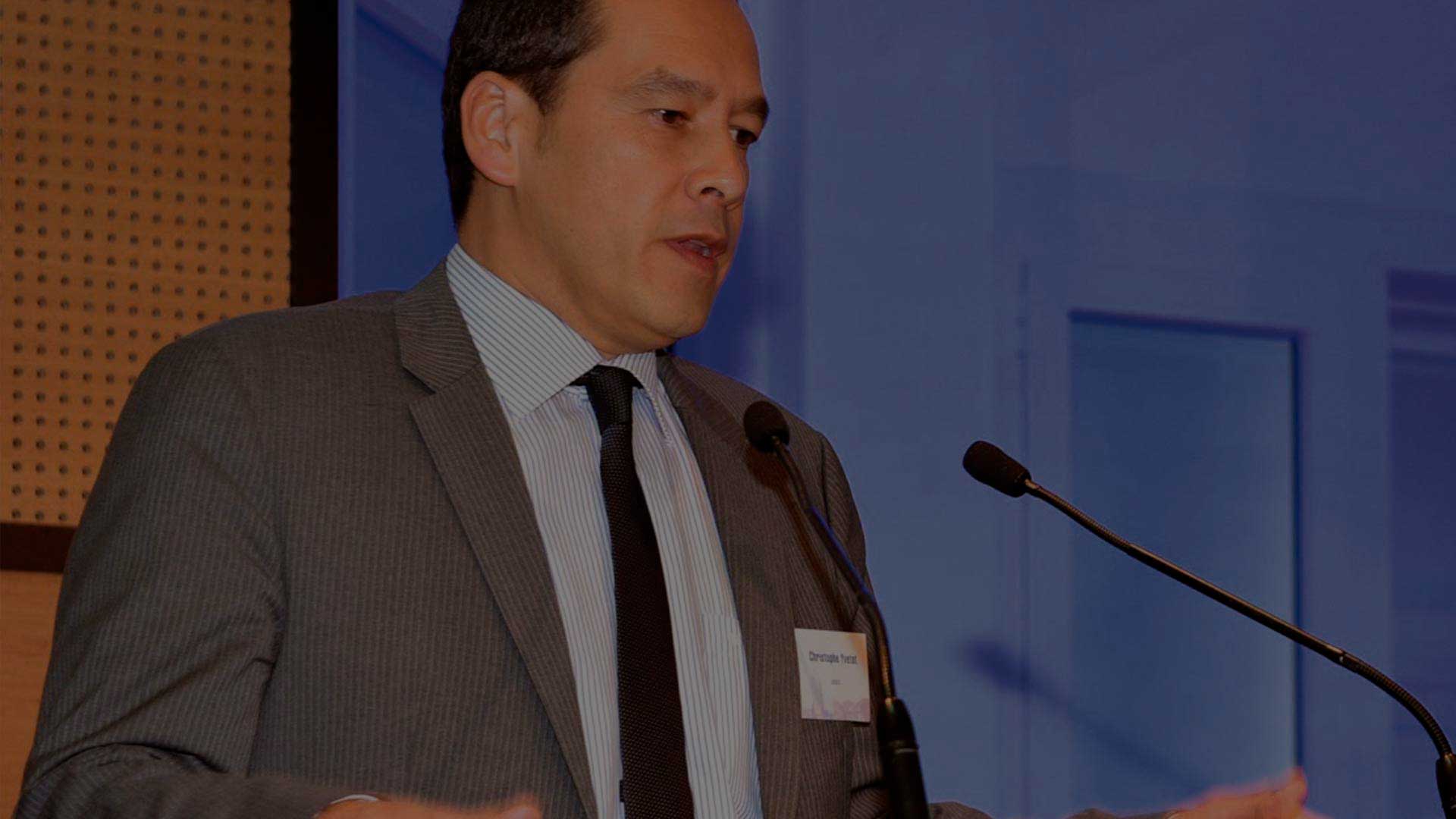
"We see the VinylPlus initiative as the forerunner and role model for a global standard of the industry"
Christophe Yvetot, UNIDO Representative to the European Union


